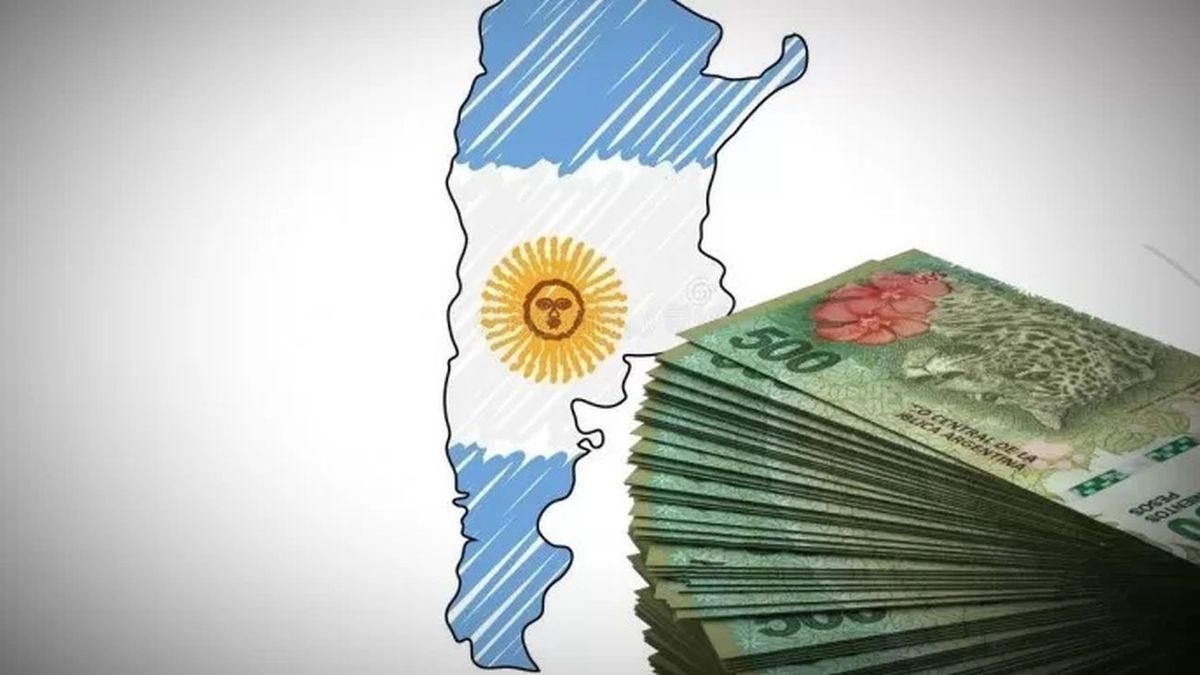While the provinces saw their debts multiply as a result of the December devaluation, In February they had to face a 20% drop in automatic transfers from the national government. This includes the federal sharing of taxes and the compensations and items stipulated by special laws. It would be the worst fall in the last 45 months, indicate private studies.
“In February 2024, the national government sent $2.2 billion to the consolidated provinces plus the City of Buenos Aires in terms of co-participation, special laws and compensation, compared to $719,000 million sent during the same period of the previous year,” highlights in a report the Argentine Institute of Fiscal Analysis (IARAF).
The results of the national collection, plus the government’s decision to cut discretionary transfers as much as possible, suggest a greater climate of tension with the governors, such as the cases of Ignacio Torres, from Chubut, and Axel Kicillof in the Provinces of Buenos Aires. Both leaders initiated legal actions against the national government for withholding funds.
The report states that “a nominal variation of 207.7% was observed“that discounting the inflationary process of the period, “would translate into a real fall of 19.5%”. The co-participation, which involves only taxes, “would have fallen by a real 15.4%,” the study points out.
“This drop is mainly explained by the poor performance in the collection of Income Tax (-38.3% real year-on-year). VAT collection grew again in year-on-year terms, with a real increase of 3.5% year-on-year,” adds the IARAF.
coparticipation-february-iaraf.png
Collection: VAT revenues and Profits fall
On the other hand, it specifies that the collection of VAT and Profits would have registered a real year-on-year drop of 14.8%. “In relation to January, the combined collection of both taxes (which represents 54% of the total national collection) would have decreased by 16.7% in real terms. This drop would have been above the average of the last 5 years (-10%),” the report warned.
When considering the individual evolution in the jurisdictions, a drop was recorded in all cases although there was a range of 5.9 percentage points, andbetween Buenos Aires (-21.6%) which was the jurisdiction with the greatest drop and City of Buenos Aires (-15.7%), the one with the smallest decrease.
For its part, the consultant Politikon Chaco maintained that the February drop in automatic transfers is the “sixth drop in a row and the fourth consecutive month where the drop is double digits.”. “In addition, it is the strongest real decline in the last 45 months: to see A greater negative variation must go back to May 2020, in the middle of the pandemic, when shipments fell 25.6%”, indicates the report.
The consulting firm maintains that “when comparing the performance of this month of analysis with respect to the same month of previous years, it is observed that it is the “Worst February since at least 2017.”
“Measuring transfers in constant currency, February 2024 was also below the same month of 2022 (-22.9%), 2021 (-19.6%), 2020 (-14.9%), 2019 (- 18.3%), 2018 (-20.0%) and 2017 (-8.2%). On the other hand, seen at February 2024 prices, the Loss of resources for the consolidated provinces and CABA was $566,082 million compared to February 2023,” says the report
In this way, the accumulated automatic transfers distributed to the provinces and CABA In the first two months of 2024 it totals $4.5 billion; Its nominal variation is 210.5% year-on-year; in constant currency, they record a drop of 15.8% compared to the same period in 2023.
Source: Ambito




